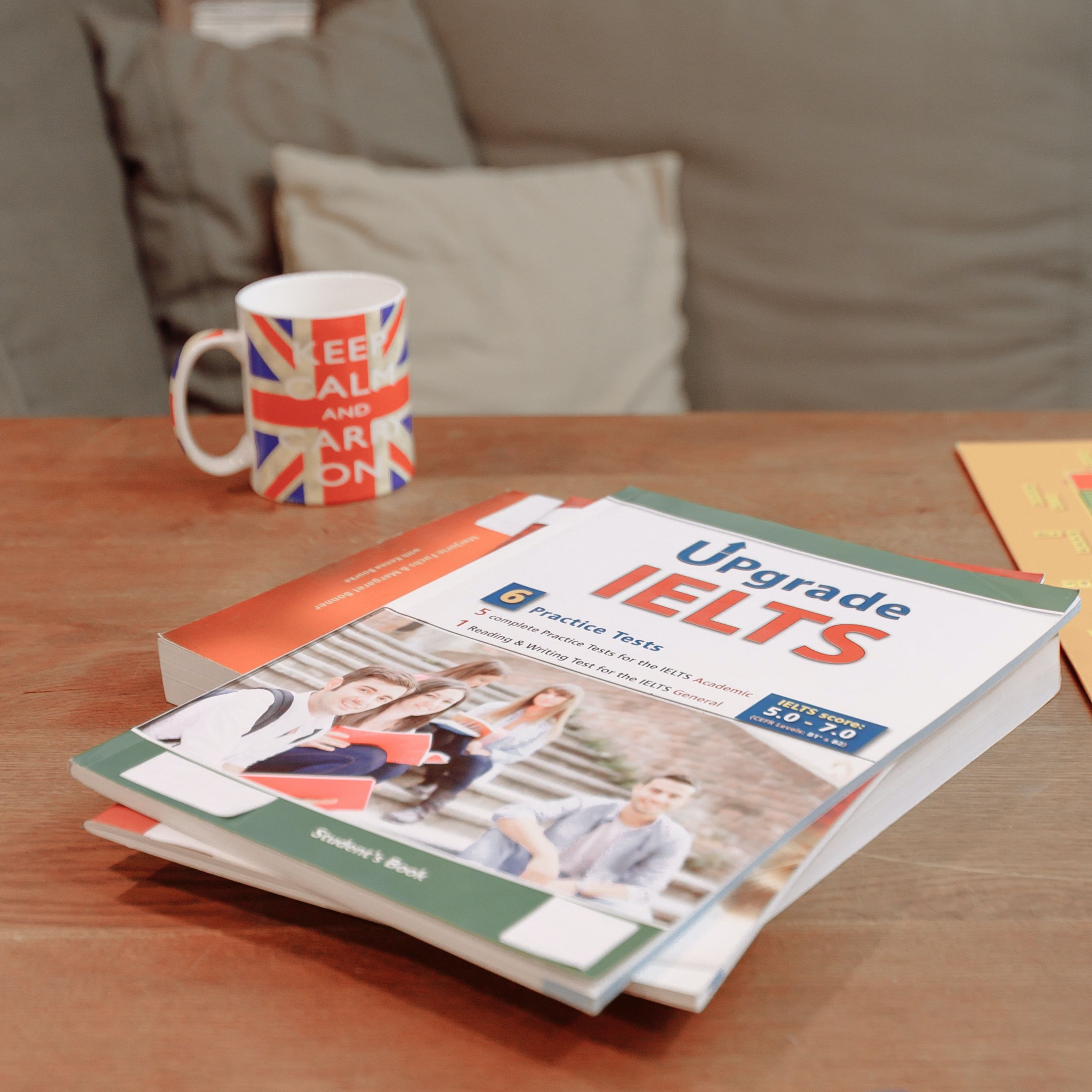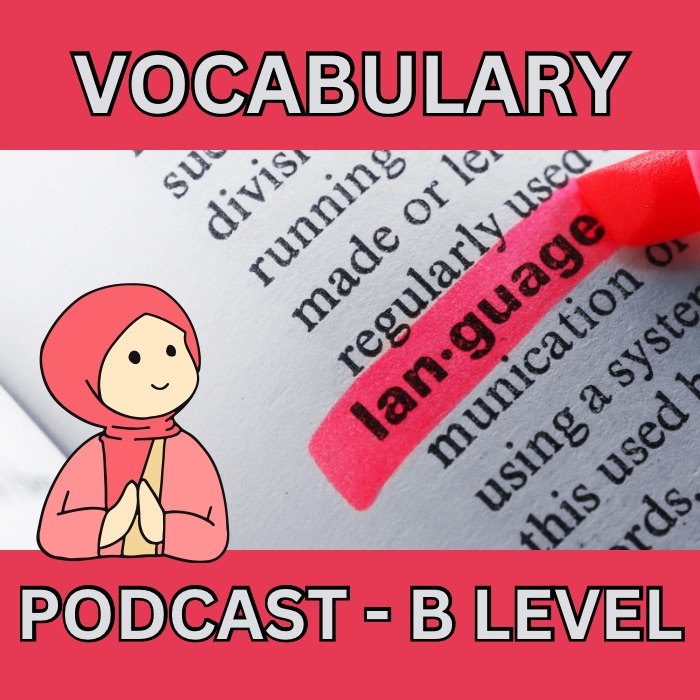
14 Listening tips for your IELTS exam
الوصف
14 Listening tips for your IELTS exam
Attempt all questions – there are no penalties for incorrect answers.
Watch out for plurals in answers. If the question requires a plural answer, a singular answer is incorrect.
Answers appear in the order they are heard in the audio. They come quickly or with large gaps between them.
Prepare to hear a potential answer that is not the actual answer. This is common when two people are making plans. They first agree on meeting at a certain time, but then one remembers that they cannot so they decide on a new time.
Take care when you transfer your answers and pay attention to the word limit for your answers on your answer sheet!
Multiple-choice answers will ask for a letter (a, b, c, d). Write the letter and not the corresponding answer.
When asked to complete a sentence using no more than two words, and the correct answer is “leather coat,” then “a coat made of leather” is incorrect. Same goes for numbers.
Hyphenated words (like “part-time”) are considered as one word.
Focus on what the speaker is saying not how they say it.
Don’t take notes in complete sentences – jot down the key points and abbreviate. You only need to write down enough to help your memory later.
Get the habit of distinguishing between essential and non-essential information. If two people are talking about making plans for a dinner date, the important information is the date/time they finally agree upon. Other dates/times they considered become irrelevant.
Try to guess what the speaker is going to say. Speakers, will often drop clue words or outline what they will to talk about beforehand. This gives you the ability to start your own outline to then fill in.
Listen to the audio while reading the audio script. This will help you get a sense of how questions are spaced out, as well as learning some useful common expressions that are frequently used in listening tests.
قناة البث الصوتي
IELTS Insights📚📝
المؤلف
جميع الحلقات

什么是健康码和行程码?

Vocabulaire essentiel pour les affaires : Termes et expressions courantes utilisés dans le milieu professionnel (C1-C2)

Minca

The sun and the wind

“Comme se dice?” (“How do you say it?”) - (Plot - Puntata Pilota)

Words that people want to ditch

A turkish verb that have more than one meaning : çalmak

Episode 1
حلقات رائجة

Learn Chinese through stories - HSK5 / HSK6 (more podcast:https://www.youtube.com/channel/UCk_Q-vfEdpBJCRJviEEY0KQ)
什么是健康码和行程码?

Le français des affaires
Vocabulaire essentiel pour les affaires : Termes et expressions courantes utilisés dans le milieu professionnel (C1-C2)

Latido Latino
Minca

Spanish Reading Comprehesion
The sun and the wind

Neapolitan Language - 🎙️ "Comme se dice?" - Il Podcast della Lingua Napoletana! 🌟
“Comme se dice?” (“How do you say it?”) - (Plot - Puntata Pilota)

Lisa's Podcast
Words that people want to ditch

Turkish Vocabulary
A turkish verb that have more than one meaning : çalmak

Vocabulary with Maryam (B LEVEL)
Episode 1